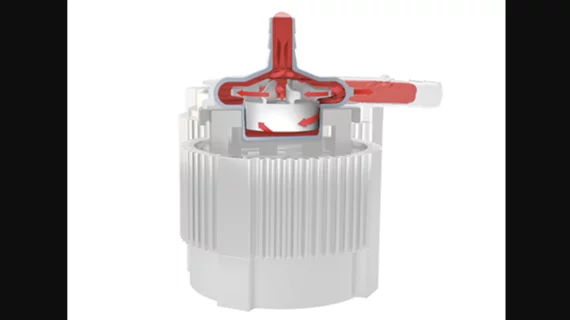Abbott life support system gains 2 new FDA clearances aimed at providing long-term relief
Abbott has received two new clearances from the U.S. Food and Drug Administration (FDA) for its CentriMag acute circulatory support system.
The CentriMag system, a key piece of Abbott’s heart failure business, is the only life support system approved in the United States to be used as a left ventricular assist device, right ventricular assist device or biventricular assist device support. These new FDA clearances are both related to the system’s ability to deliver long-term care to patients in need.
The first new FDA clearance is related to the device’s blood pump, which can now be used for the long-term support of patients who require extracorporeal membrane oxygenation (ECMO) as opposed to the previous limitation of six hours. In a prepared statement, the company emphasized that this could help patients with severe cases of COVID-19 as well as individuals who have undergone open heart surgery or simply require extended ECMO.
The second new FDA clearance, meanwhile, is related to the device’s pre-connected pack, which can now be used to provide cardiopulmonary support who require more than six hours of care. This pack represents a combination of the device’s blood pump, oxygenator and other key components. It was designed to provide care for patients in “the most urgent of critical care settings,” Abbott noted in its statement, and it limits delays by no longer requiring users to assemble the device out of four separate pieces.
“With CentriMag, our mission has always been to transform the treatment of advanced cardiac and respiratory conditions to improve clinicians' ability to most effectively manage their sickest patients,” Robert L. Kormos, MD, divisional vice president of global medical affairs for Abbott's heart failure business, said in the statement. “With the two new FDA clearances, physicians can deploy support in fewer steps and are provided more time to get their patients the necessary treatment during a critical window.”

